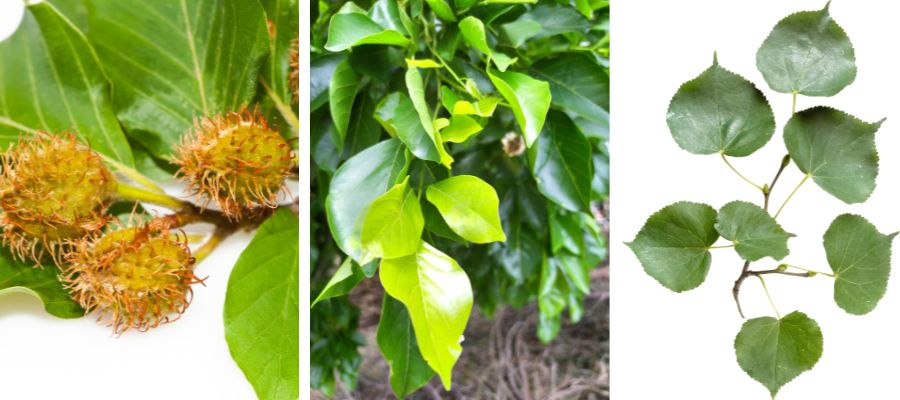
SCIENTIFIC NAME: Acacia arabica
HINDI NAME: Babul, Kikar
ENGLISH NAME: Healing tree, Arabic tree
FAMILY: Fabaceae
SHORT DESCRIPTION
Babul is a fiber-rich herb and is a great source of vital nutrients, vitamins and minerals. Right from the bark, branches, leaves, pods and fruit, all parts of the plant possess potent medicinal properties. The whole plant works as a detoxifier, expectorant, aphrodisiac, and cooling in nature. Babul is astringent in taste with heavy but dry digesting qualities helping to balance Kapha and pitta dosha respectively by improving immunity and metabolism.
USES & HEALTH BENEFITS
- Strengthen gums and teeth
- Reduces plaque and inflammation
- Relives constipation
- Heart tonic
- Liver-protective action
- Antibacterial
- Antihistaminic
- Anti-inflammatory
- Wound healing action
- Treats urinary tract infections
- Aids to bleeding in the uterus
- Nourishes skin and hair
PRECAUTIONS & SIDE EFFECTS
- Pregnant and breastfeeding women may have certain negative effects.
- Asthmatics and individuals suffering from constipation should avoid consuming babul.
HOW TO USE
- Chewing little pieces of fresh Babul bark might help you manage dental health.
- To treat any diseases, the proper dosage and formulation of babul recommended by the licensed Ayurvedic practitioner based on the health anomaly should be addressed.










